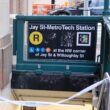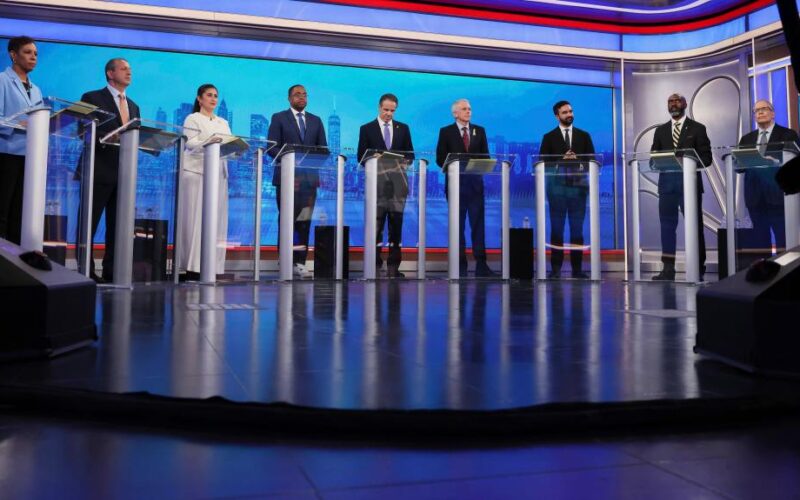New York needs open primaries now — and not for the reason you might think.
Open primaries would enfranchise more than a million New York voters, who are disproportionately young and represent communities of color. That’s the conclusion of a new report authored by former U.S. Attorney General Loretta Lynch on behalf of the the Charter Revision Commission.
Open primaries would allow all New Yorkers to have an equal voice in selecting their next mayor. It would incentivize candidates to reach out to all communities from the outset of their campaign.
The Charter Revision Commission is currently considering whether to put open primaries on the ballot this fall. But in the wake of Zohran Mamdani’s upset victory in the Democratic primary there has been political pushback from partisan activists trying to kill this reform.
The reason to back this reform has nothing to do with the results of this Democratic primary. In fact, given that 50% of New York’s independent voters are under the age of 40 and disproportionately from communities of color, according to an analysis by the New York City Campaign Finance Board, it could have led to an even bigger and more convincing victory for Mamdani, considering his success in turning out this segment of the electorate.
But it certainly would have made Mamdani’s win even more convincing and representative. Because for all the progressive excitement about his victory, Mamdani only won 10% of all registered New York voters in the first round of the Democratic primary. That’s not a stable basis to elect a mayor for the other 90% of the city.
The general election scenario New York City now faces also makes it clear why this reform is so urgently needed. This fall we could have as many as five candidates on the ballot: Mamdani, Republican Curtis Sliwa along with independents Eric Adams, Andrew Cuomo and Jim Walden.
General elections see higher turnout than closed partisan primaries, as do even-year elections — a welcome addition to this Charter Revision Commission’s election reform slate. But the dynamics of this year’s race make it likely that the winning candidate for mayor will not have the support of a majority of New Yorkers — which puts a strain on the next mayor’s legitimacy and ability to unify the city out of the gate.
There is a better way. In fact, more than 80% of major American cities use some form of open primary or nonpartisan elections.
Open primaries would allow all voters, regardless of party, to have an equal voice using ranked choice voting. The commission says they are still soliciting feedback for this proposal, in which the top two vote getters would square off in the general election. This is the most democratic way to choose a mayor.
Some will say that this issue needs further study. That’s bunk. This issue has been studied for decades and implemented in the vast majority of cities. Delay is denial — but the desired outcome of people who want to keep the status quo in place.
Unfortunately, members of the Charter Revision Commission have been receiving political brushback pitches to the effect that their other overarching goal of making it easier to build more housing will be opposed by groups like the Working Families Party if they move forward with open primaries.
This is contrary to Mamdani’s stated goal of addressing the affordability crisis. Moreover, both AOC and Bernie Sanders have advocated for nonpartisan primaries in New York to increase turnout and representation.
There’s an additional irony here: some of the same people arguing against open primaries have argued New York should allow non-citizens to vote in local elections. This is a contradiction.
And to put political influence in perspective, the Working Families Party has 20,000 registered members in NYC — which is one quarter of 1% of the total population. In addition, this Charter Revision Commission could decide to split up its proposals, allowing election reforms and housing proposals to be judged on their merits by the voters.
The results of the Democratic primary actually make the case for open primaries more urgent. Not because it would have changed the outcome but because it would empower more young voters and more diverse communities to participate in the process out of the gate. It would create more fair and open elections while increasing the legitimacy of the newly elected mayor’s mandate to represent all New Yorkers. This is a time to let the voters decide on this crucial reform.
Avlon is the chairman of Citizens Union, fighting for reform in New York for more than a century.








